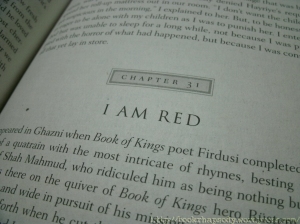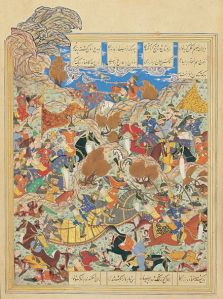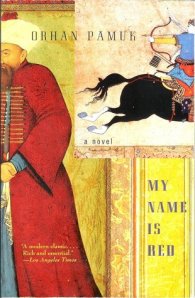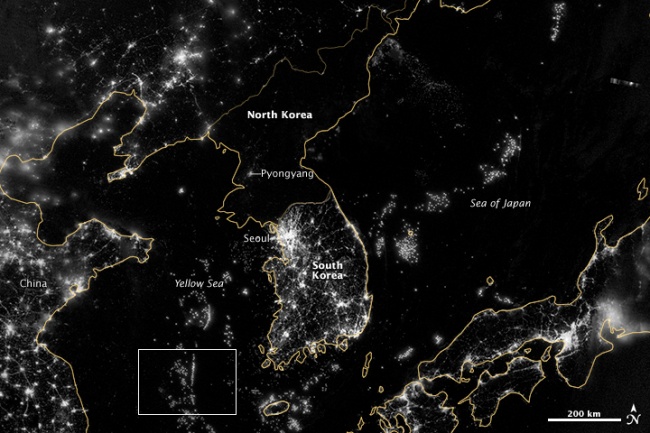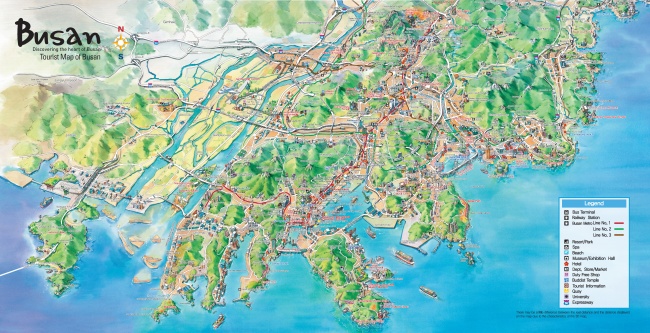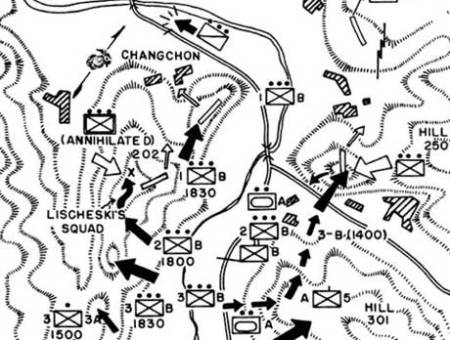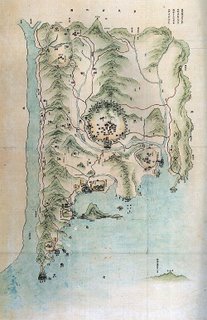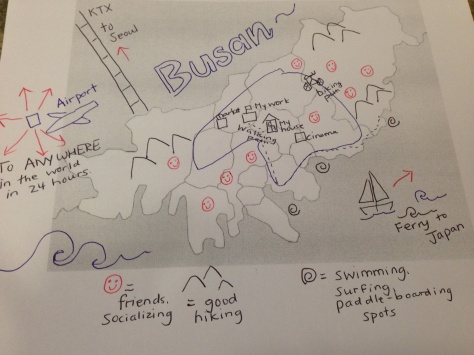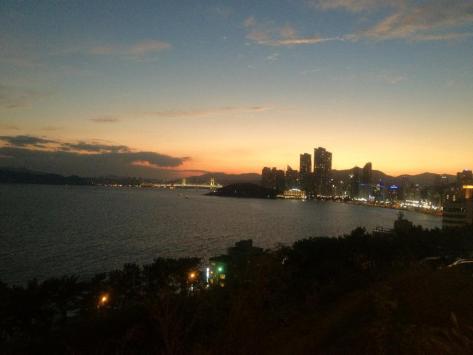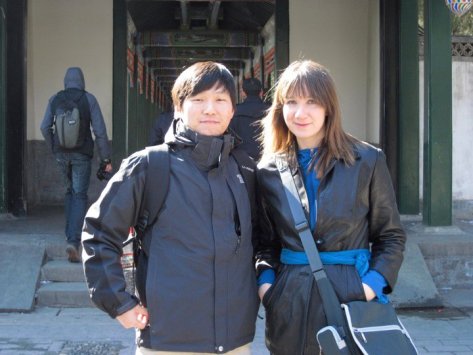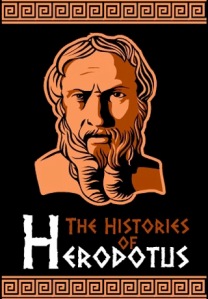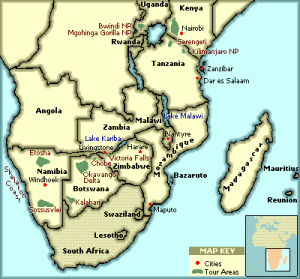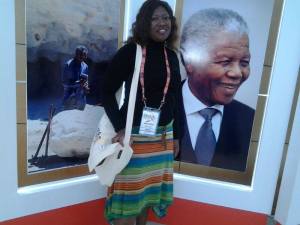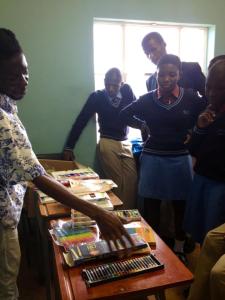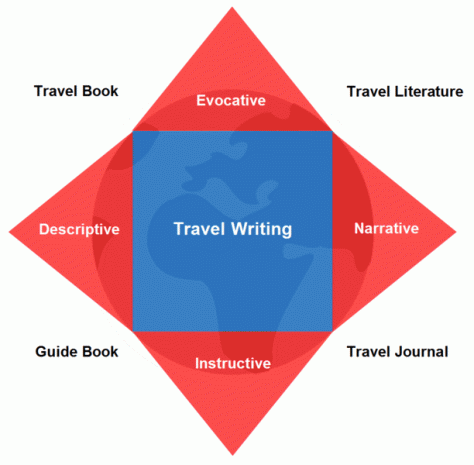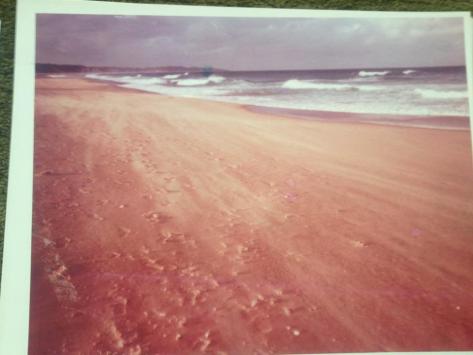“I couldn’t let the false accusations of one foolhardy man endanger the entire society of miniaturists.” (15)
The previous quote is from My Name is Red by Orhan Pamuk. In this book, each chapter is written, in turn, from the perspective of a different character.
Don’t you think it’s fair that everyone should have a voice?
I began thinking about this after plunging into the condensed writing of Homi K. Bhabha in his chapter The Location of Culture, which emphasizes the necessity for all voices to be heard. It is better to identify as a global citizen than as a national, and consider not just one voice, but all when considering one’s identity. Our history is not in the past as it is not static, but it is a story that is being written simultaneously by many. If our story were to be written in keeping with this theme, like in Orhan Pamuk’s My Name is Red, each character takes turn giving their account, and so the readers may see everything for themselves.
As this is often not the case, the unheard voices become liminal. A multitude of voices can be divided between the powerful and the oppressed. We can think of Freud’s model of the conscious and the unconscious when thinking of our nation state. This polarity exists until a temporal shift reigns; one which grounds us into the present moment, and this multiplicity of histories being written, right before our eyes.
So yes, this book of Orhan Pamuk’s quite impressed me with its multiple voices evenly shared. It also inspired me to go on and read more of his work, including Istanbul, a story of his city. 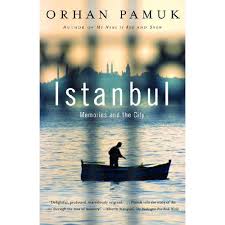 In turn, it made me want to go there.
In turn, it made me want to go there.
He wrote about the diamond-like sparkling of the Bhosphorus Strait through the middle of this city perched on the center of Europe 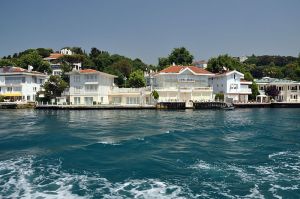 and Asia’s divide. He wrote how houses are pushed right up to the edge of this water, and how people prize living right on the edge, despite how boats sometimes crash through living room windows in storms.
and Asia’s divide. He wrote how houses are pushed right up to the edge of this water, and how people prize living right on the edge, despite how boats sometimes crash through living room windows in storms.
So by and by, I had to go see it for myself. We make decisions and plans evolve, but how is this? In Sheena Iyengar’s TED talk, The Art of Choosing http://www.ted.com/talks/sheena_iyengar_on_the_art_of_choosing?quote=785 she suggests that making choices is an art, and that when we are faced with a decision, it can be to our best advantage not to make that decision alone. I often travel alone and quite like it, for I find I am more open to meeting new people that way. However in this case, as I chatted about my plans and got excited over it, other voices got involved. At first, it was only me, but when two friends overheard my plans, then there were three. So with our collective and individual agendas together we traveled. 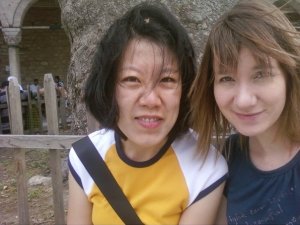
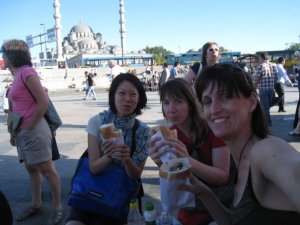
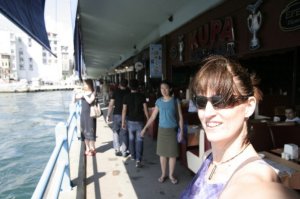
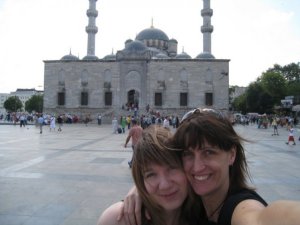 We all arrived at different times, and left at different times. I, being the greedy one, added Romania and Bulgaria into my trip as well, while my friends explored a bit out of the capital. But that is a story for another time.
We all arrived at different times, and left at different times. I, being the greedy one, added Romania and Bulgaria into my trip as well, while my friends explored a bit out of the capital. But that is a story for another time.
We combined our group wish list, including a Bosphorus boat tour, Topkapi Palace, the Blue Mosque, Dolmabahce Palace, and eating these kind of good/terrible fish sandwiches, from fish fished from the Bosphorus.
I am very spontaneous but not ambitious in building itineraries, so we were a great mix: synergy at it’s best. We got in enough sight-seeing, socializing with each other and with people we met, and I still made my train Bulgaria/Romania bound with more seconds to spare than when I plan on my own.
One must-see in Istanbul is the Hagia Sophia. (from the Greek: Ἁγία Σοφία, “Holy Wisdom“; Latin: Sancta Sophia or Sancta Sapientia; Turkish: Ayasofya)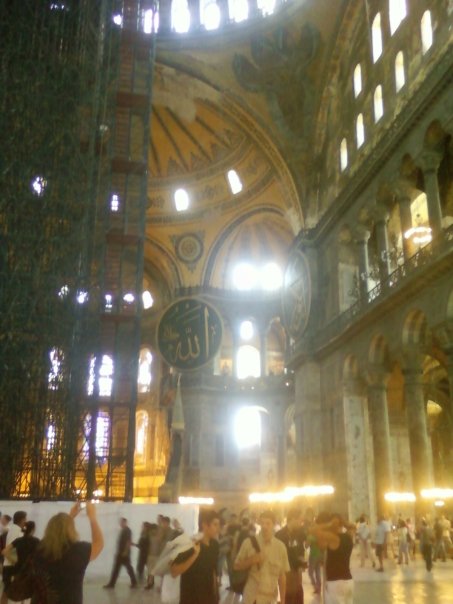 The Hagia Sophia was first a Greek orthodox basilica, later an Imperial mosque, and is now a museum. Let me remind you earlier I was talking about history. Not unlike Bhabha, David Spurr, in The Rhetoric of Empire, is quite concerned with attitudes that trample on with colonial, postcolonial, and imperial attitudes. I like to think of the Hagia Sophia as a beautiful example of how our constitutions morph, in the perspective of history. In Bhabha’s view, it is a church, a mosque, and a museum, all at once, whispering from the walls all the stories it has seen.
The Hagia Sophia was first a Greek orthodox basilica, later an Imperial mosque, and is now a museum. Let me remind you earlier I was talking about history. Not unlike Bhabha, David Spurr, in The Rhetoric of Empire, is quite concerned with attitudes that trample on with colonial, postcolonial, and imperial attitudes. I like to think of the Hagia Sophia as a beautiful example of how our constitutions morph, in the perspective of history. In Bhabha’s view, it is a church, a mosque, and a museum, all at once, whispering from the walls all the stories it has seen.
What stories would your walls tell if they could whisper?
In my next blog entry, I’ll be interviewing others and sharing their stories. Adieu.
